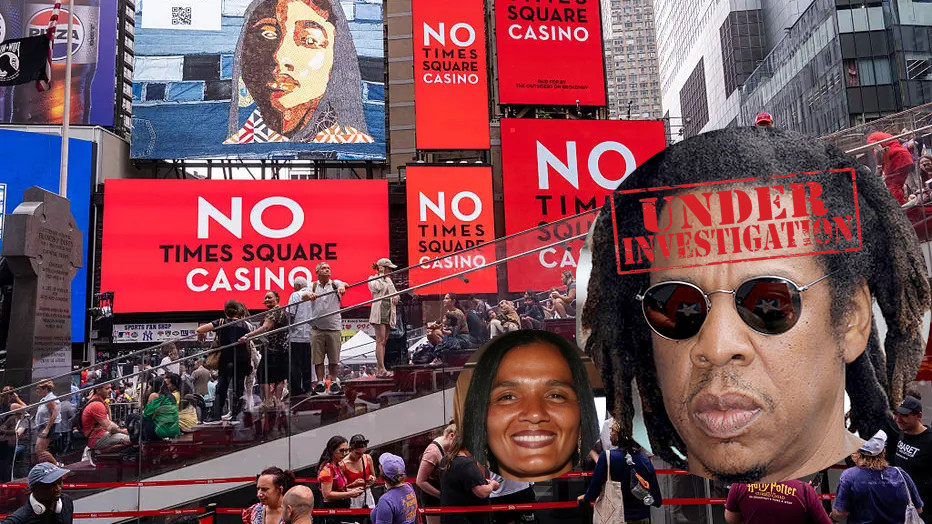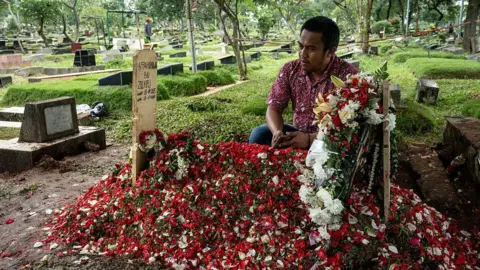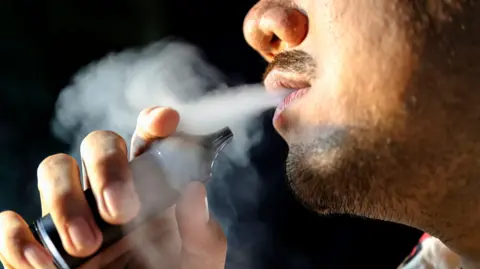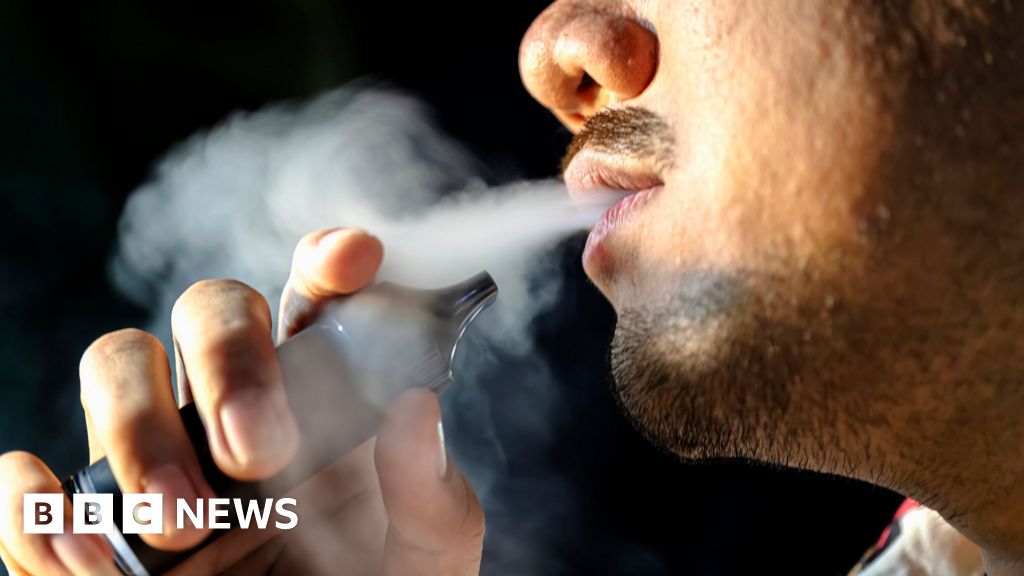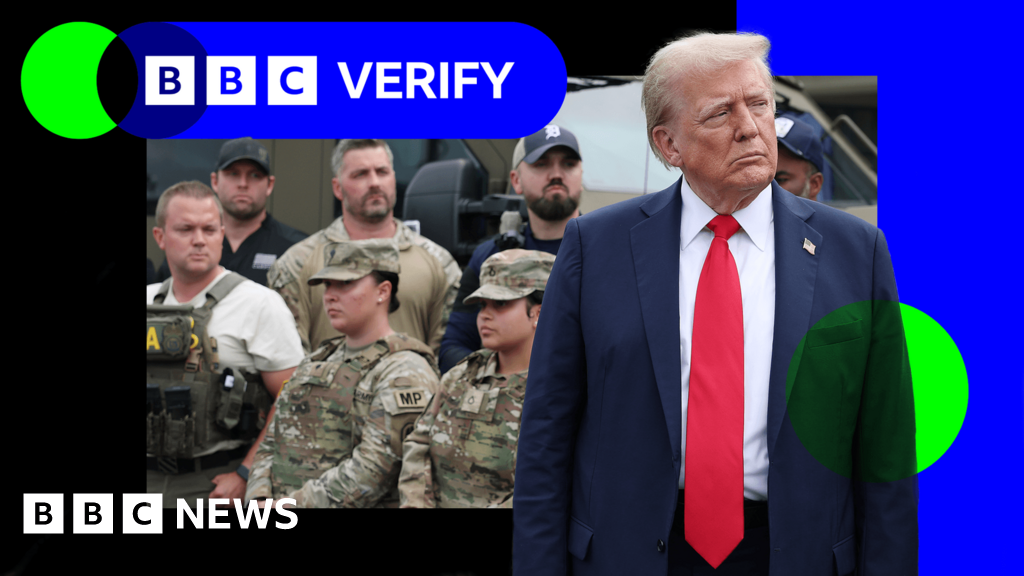In a shocking case uncovering the dark world of human trafficking, Indonesian police have dismantled a baby trafficking syndicate, arresting 13 individuals and rescuing six infants in the process. The traffickers are accused of selling at least 25 babies to buyers in Singapore since 2023, often targeting vulnerable expectant mothers.
The traffickers’ approach included arranging for babies to be "reserved" even before they were born. According to West Java Police Commissioner Surawan, prospective buyers were often contacted via social media platforms like Facebook before moving to private messaging on WhatsApp to negotiate terms. "Some babies were even reserved while still in the womb," he explained, elaborating on the alarming methods used by the syndicate.
Once the babies were born, they were transported to various locations in Indonesia, particularly Pontianak and Jakarta, where their immigration and civil documents were fabricated. The babies were sold for prices ranging from approximately 11 to 16 million Indonesian rupiah (about $673 to $1,028). This disturbing operation appears to have stemmed from agreements between traffickers and financially struggling parents, leading to many parents reporting their children as kidnapped only after brokers failed to provide promised payments.
Police are currently focused on identifying and locating the adopters in Singapore, as they work collaboratively with Interpol and local authorities in the city-state to detain remaining syndicate members and buyers. The need to crack down on such activities is underscored by the alarming statistics released by the Indonesian Child Protection Commission (KPAI), revealing a rise in cases of child trafficking disguised as illegal adoptions.
While the recent discoveries shed light on the desperate circumstances that lead some parents to sell their children, they also amplify the call for strengthened legislation and protective measures for vulnerable families in Indonesia, where such crimes are becoming increasingly common. KPAI has also noted that many of these syndicates present themselves as legitimate shelters or clinics, further complicating the protection of innocent lives at risk.
The traffickers’ approach included arranging for babies to be "reserved" even before they were born. According to West Java Police Commissioner Surawan, prospective buyers were often contacted via social media platforms like Facebook before moving to private messaging on WhatsApp to negotiate terms. "Some babies were even reserved while still in the womb," he explained, elaborating on the alarming methods used by the syndicate.
Once the babies were born, they were transported to various locations in Indonesia, particularly Pontianak and Jakarta, where their immigration and civil documents were fabricated. The babies were sold for prices ranging from approximately 11 to 16 million Indonesian rupiah (about $673 to $1,028). This disturbing operation appears to have stemmed from agreements between traffickers and financially struggling parents, leading to many parents reporting their children as kidnapped only after brokers failed to provide promised payments.
Police are currently focused on identifying and locating the adopters in Singapore, as they work collaboratively with Interpol and local authorities in the city-state to detain remaining syndicate members and buyers. The need to crack down on such activities is underscored by the alarming statistics released by the Indonesian Child Protection Commission (KPAI), revealing a rise in cases of child trafficking disguised as illegal adoptions.
While the recent discoveries shed light on the desperate circumstances that lead some parents to sell their children, they also amplify the call for strengthened legislation and protective measures for vulnerable families in Indonesia, where such crimes are becoming increasingly common. KPAI has also noted that many of these syndicates present themselves as legitimate shelters or clinics, further complicating the protection of innocent lives at risk.










